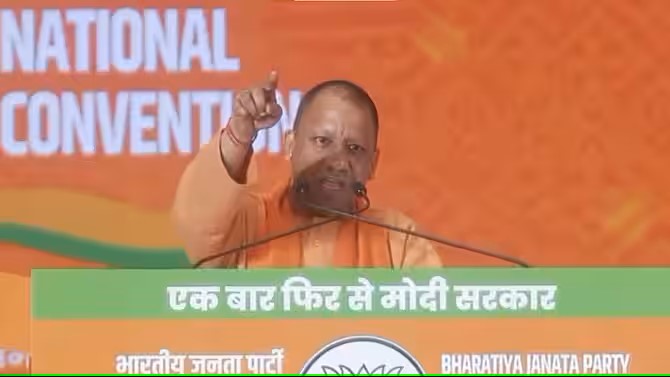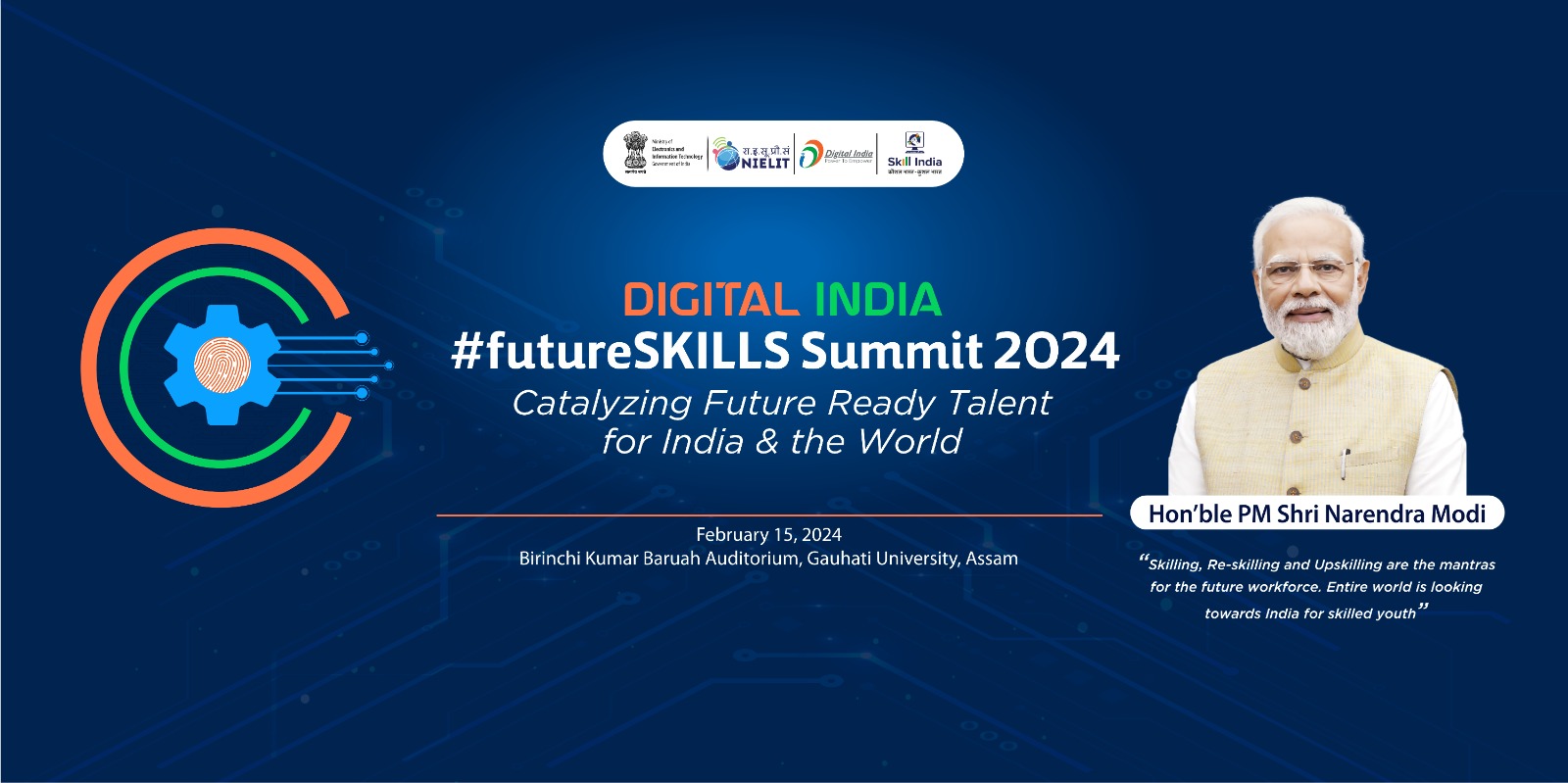Yogi Adityanath’s fiery speech at the BJP’s national convention resonated deeply with the party faithful, crafting a potent narrative that merges religious sentiment, economic progress, and national identity. While it serves as a rallying cry for the 2024 Lok Sabha elections, a closer examination reveals its strategic intent and necessitates thoughtful consideration of its wider implications.
 Adityanath masterfully placed the newly constructed Ram temple in Ayodhya at the forefront of his address. Framing it as a national triumph, not just a religious one, he tapped into the emotions of millions of Hindus who view it as the culmination of a centuries-long struggle. This deftly aligns the BJP with a potent symbol of cultural and religious pride, potentially consolidating Hindu support in their favour.
Adityanath masterfully placed the newly constructed Ram temple in Ayodhya at the forefront of his address. Framing it as a national triumph, not just a religious one, he tapped into the emotions of millions of Hindus who view it as the culmination of a centuries-long struggle. This deftly aligns the BJP with a potent symbol of cultural and religious pride, potentially consolidating Hindu support in their favour.
Beyond emotional appeals, Adityanath weaved a narrative of economic success attributed to Modi’s leadership. He cited impressive statistics like India’s ascent to the world’s fifth largest economy, doubled per capita income, and massive expansion of railway infrastructure. By positioning these achievements as direct results of BJP policies, the speech implies that only their continued rule can guarantee further progress.
It’s crucial to acknowledge that this narrative is not unchallenged. Opposition parties likely offer contrasting perspectives on India’s economic trajectory and future direction. Evaluating both sides with a critical eye and seeking independent data analysis is essential for forming informed opinions.
While adityanath’s speech effectively galvanizes the BJP base, it raises vital questions for deeper consideration:
- Secularism in Question: The BJP’s strategy of intertwining religion and politics sparks concerns about maintaining India’s delicate secular fabric. It’s vital to engage in civil discourse and respect diverse viewpoints on the role of religion in the political sphere.
- Examining the Claims: Verifying the claims made in the speech, such as economic achievements, requires a nuanced approach. Consulting independent studies, expert analysis, and alternative perspectives allows for a more balanced understanding beyond partisan rhetoric.
- Acknowledging Alternative Narratives: Recognizing that other political parties offer contrasting visions for India’s future is crucial. Engaging with their perspectives on development, national security, and social welfare equips citizens with a broader understanding of the available choices.



